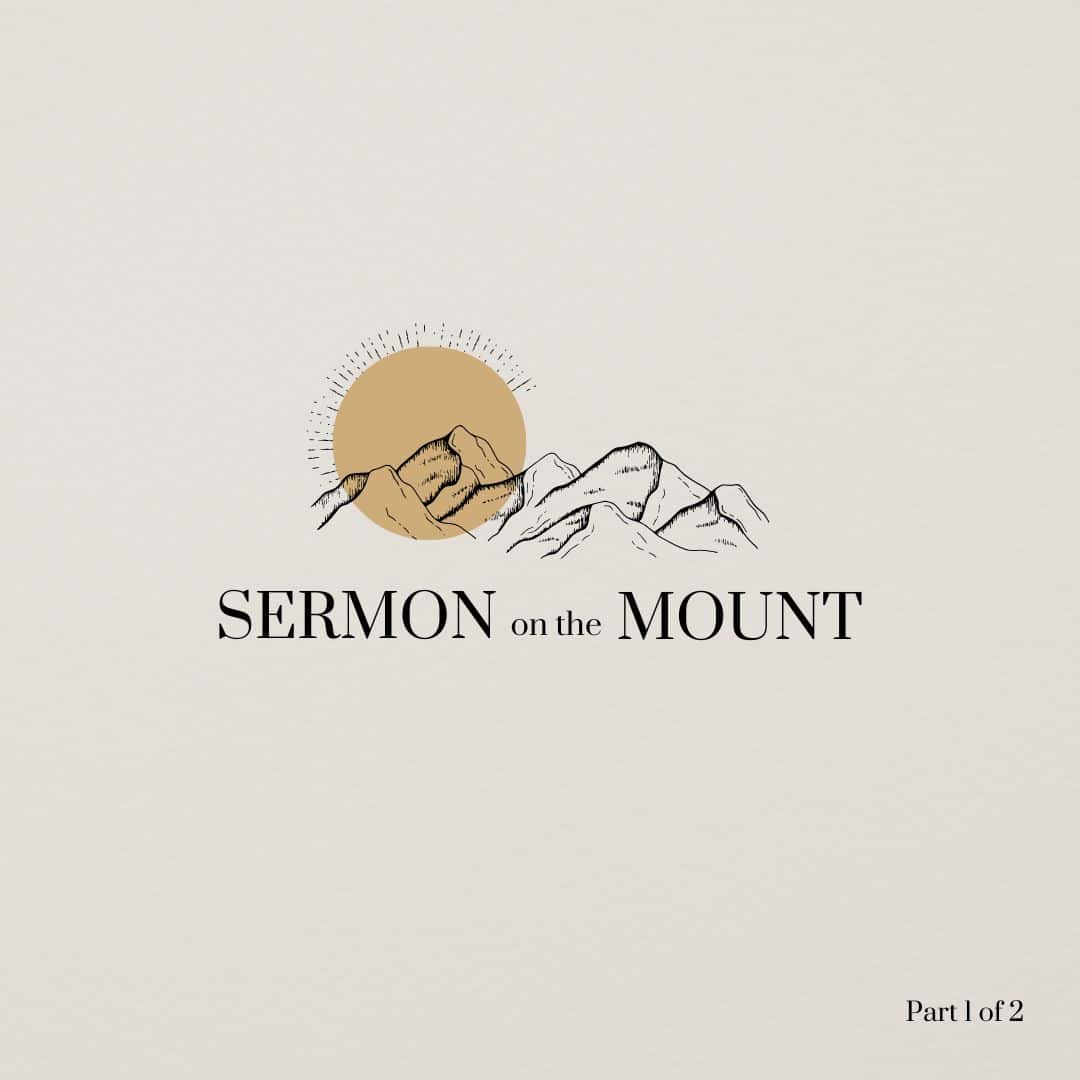A Spiritual Discipline Prescription
Aaron Bjorklund2025-06-19T10:33:37-06:00by Aaron Bjorklund “When you fast, do not look somber as the hypocrites do, for they disfigure their faces to show others they are fasting. Truly I tell you, they have received their reward [...]



